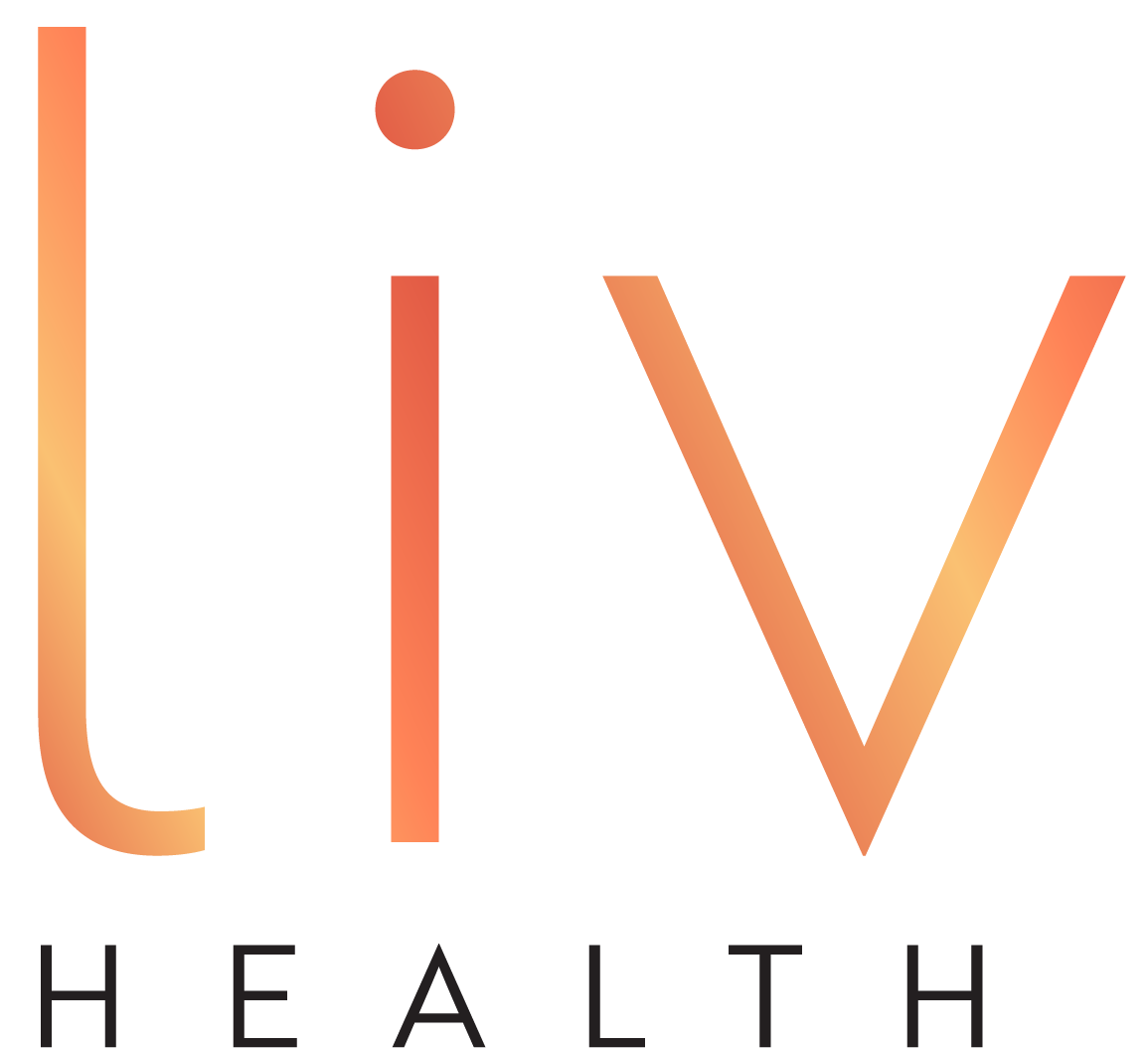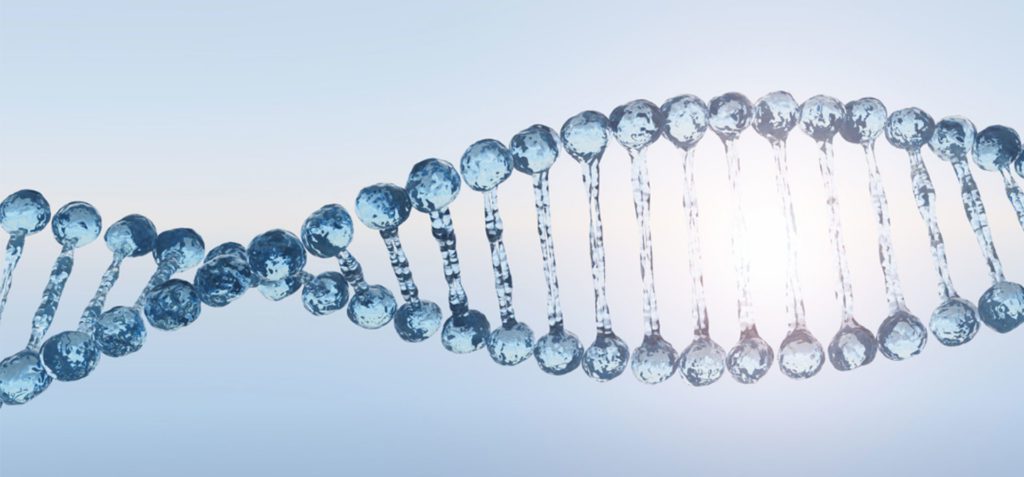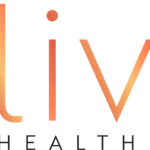Without a doubt your genes play a pivotal role in your health and wellness, but they may not play as big of a role as we once thought. Just because your parents had X or Y, does not necessarily mean you are destined for the same future. You have a lot more control than you think.
Your behaviors and environment, such as what you eat, where you live, and your lifestyle, contribute greatly to how your genes are expressed; this is called Epigenetics.
Epigenetics is the study of how your behaviors and environment can cause changes that affect the way your genes work. Unlike genetic changes, epigenetic changes are reversible and do not change your DNA sequence, but they can change how your body reads a DNA sequence. Essentially, epigenetic changes can turn your genes “on” and “off.”
Epigenetics can help you make the right lifestyle choices to either speed up or slow down how quickly your body ages. Sure, we all have a chronological age; the number of years you have lived, but you also have a biological age; the age of your body and how it’s functioning.
If you are interested in learning how to slow down the aging process, and add quality years to your life, you’re going to want to keep reading.
Currently, it has been observed that DNA methylation is the biggest factor in controlling your biological clock. Methylation is a process that occurs in each and every one of your cells. It helps your body make biochemical conversions that help your amino acids, enzymes, proteins, and DNA work more efficiently.
Optimal Methylation
When optimal methylation occurs, it has a positive impact on the vast majority of systems like your reproductive system, neurological system, cardiovascular, and detoxification systems. Optimal methylation is also directly related to your estrogen metabolism, fat metabolism, eye and liver health, and cellular energy.
When not optimized, these processes can be compromised and can cause various disease states and speed up the aging process.
The good news is there are ways you can disturb methylation expression and optimize your health via dietary and lifestyle practices.
Reduce Calorie Intake
Research shows that caloric restriction can slow down DNA methylation, increase your lifespan, and reduce your instantaneous rate of aging. It can also reduce your risk of disease, and help you age better. A good way to achieve this is to use intermittent fasting. A good place to start is by only eating between the hours of 7am-7pm and fast for at least 12 hours, most of which you are asleep. You can titrate up from 12 hours once it becomes easier, and aim for 16 hours a few times per week or a 24 hour fast once weekly.
Nutrient density
During the hours you are eating, it’s important to eat nutrient dense foods to get the biggest bang for your buck. Nutrient dense foods are foods that have a ton of micronutrients in a small amount. Some examples include wild caught fish, leafy greens, coconut oil, nuts and seeds, eggs, bone broth, yogurt, pumpkin, and herbs like parsley and cilantro.
Eat Foods Rich in Methylation Adaptogens
Berries: Eat those high in chlorogenic acid, quercetin, ellagic acid and anthocyanins.
- Blueberries
- Strawberries
- Blackberries
- Raspberries
Cruciferous Veggies: Rich in sulforaphane; evidence suggests that this targets the epigenetic alterations observed in specific cancers by reversing abnormal changes in gene coding. Broccoli, kale, bok choy, watercress, radish, cauliflower, and cabbage are all a part of this vegetable family.
Herbs
Rosemary, ginger, cinnamon, and curcumin. Rosemary’s methylation adaptogen is rosmarinic acid (also found in sweet basil and sage), helping in cellular regeneration. Curcumin may also act as an epigenetic regulator in inflammation, diabetes, and neurological disorders.
Do your best to include at least 3 of the food suggestions above on a daily basis, and it will disturb methylation expression, optimize health outcomes, and contribute to healthy aging.
Pro tip: smoothies and juices are a great way to include all the nutrients you need for methylation support.
Movement
All types of movement can alter epigenetic methylation. The goal is to keep the levels of methylation balanced, not too high, and not too low. Homocysteine, a metabolic biomarker for methylation status, is positively affected by consistent movement. It doesn’t matter what kind of movement you enjoy; from dancing to walking to biking, hiking, strength training, and more, consistency will be the best strategy.
Manage Stress Levels
Chronic stress can negatively impact epigenetic methylation. This can trigger inflammation, which is at the root cause of all diseases. Managing your stress and keeping it as low as possible is the key. Nearly 25% of the sites that are evaluated in methylation pathways have glucocorticoid receptors. That means anything that reduces over-expression of cortisol/glycemic (your stress) load is helpful. Each person needs to find their own way of doing this. Some examples can include meditation, yoga, grounding, carving out time to do nothing, going on walks, and cuddling your pet.
Sleep
We all know how important it is to get good quality sleep, and it’s just as important for methylation expression. If your sleep is less than optimal, some things you can do on your own include using black out curtains, investing in a chili pad, no blue light at least an hour before bed, and making the room temperature on the chillier side, but not freezing. If you’ve tried all these things and your sleep is still not improving, I always suggest looking into your lab biomarkers to find the root cause. Sleep challenges can be linked to circadian rhythm being off, hormones not being optimized and so much more.
Supplements and pharmaceuticals
There are certain supplements and prescription medications that have been proven to play a role in anti-aging when it comes to methylation. To name a few:
NAD+
DNA is highly vulnerable to damage, which can lead to broken mutations and DNA strands. DNA damage over the long term contributes to the aging process by facilitating cell death. Nicotinamide adenine dinucleotide (NAD+) is a coenzyme found in all of your cells and it is essential for repairing DNA, making it an important supplement for longevity. NMN (nicotinamide mononucleotide) and NR (nicotinamide riboside) are both precursors to NAD+, meaning they can both be used to boost NAD+ levels in your cells.
DHEA
Dehydroepiandrosterone (DHEA) is an important precursor hormone. Precursor hormones are converted by the body into other hormones. For example, DHEA stimulates your production of testosterone. It also plays many important roles in the brain and the body for memory, immunity, appetite and sexual wellness. It has neuro protective effects in the brain and promotes growth of new neurons. Unfortunately, it declines with age, leaving you with less than optimal hormones. Supplementation can help!
There are also some great prescription options that support adding quality years to your life that we offer at Liv Health. Let’s dive into two of our favorites!
Metformin
This prescriptive drug is typically used as a treatment to lower blood glucose levels, but more recently, it has shown up as a medical intervention to slow down the aging process by increasing the production of longevity promoting molecules in your cells. It may also influence metabolic and cellular processes associated with the development of chronic conditions of aging like inflammation and oxidative damage.
Growth hormone secretagogues
These secretagogues can increase your body’s natural human growth hormone production. They bind to and tell other cells what to do, mimicking the functions of naturally occurring peptides. These peptides have the potential to rewrite your body’s chemistry to extend longevity and slow aging.
All of the above are strategies you can either implement on your own or with Liv Health. However, if you truly want to know your biological age, and the exact interventions you can take to slow down aging, and optimize your quality of life, TruDiagostic is the company that we like to use.
TruDiagnostic is not only able to find out your true biological age, but they are able to break it down even further by testing other metrics that are useful to longevity medicine. One of these tests utilizes the DunedinPoAm algorithm developed in New Zealand, which is a first of its kind. It looks at aging biomarkers and methylation to determine an instantaneous rate of aging. For example, it’s able to tell you not just what your overall body age is, but rather, how you are trending right now, in this moment.
Tru Diagnostic enables Liv Health to take the test information and implement a more personalized approach.
Epigenetics can put the control back in your hands so you can take charge of your own health. If you are interested in knowing exactly how to slow down YOUR aging process, and add more quality years to your life, Liv Health is here to support you in your journey. Click HERE for a free consultation with me!
The post Epigenetics: Change The Future of Your Genes appeared first on Liv HEALTH.


